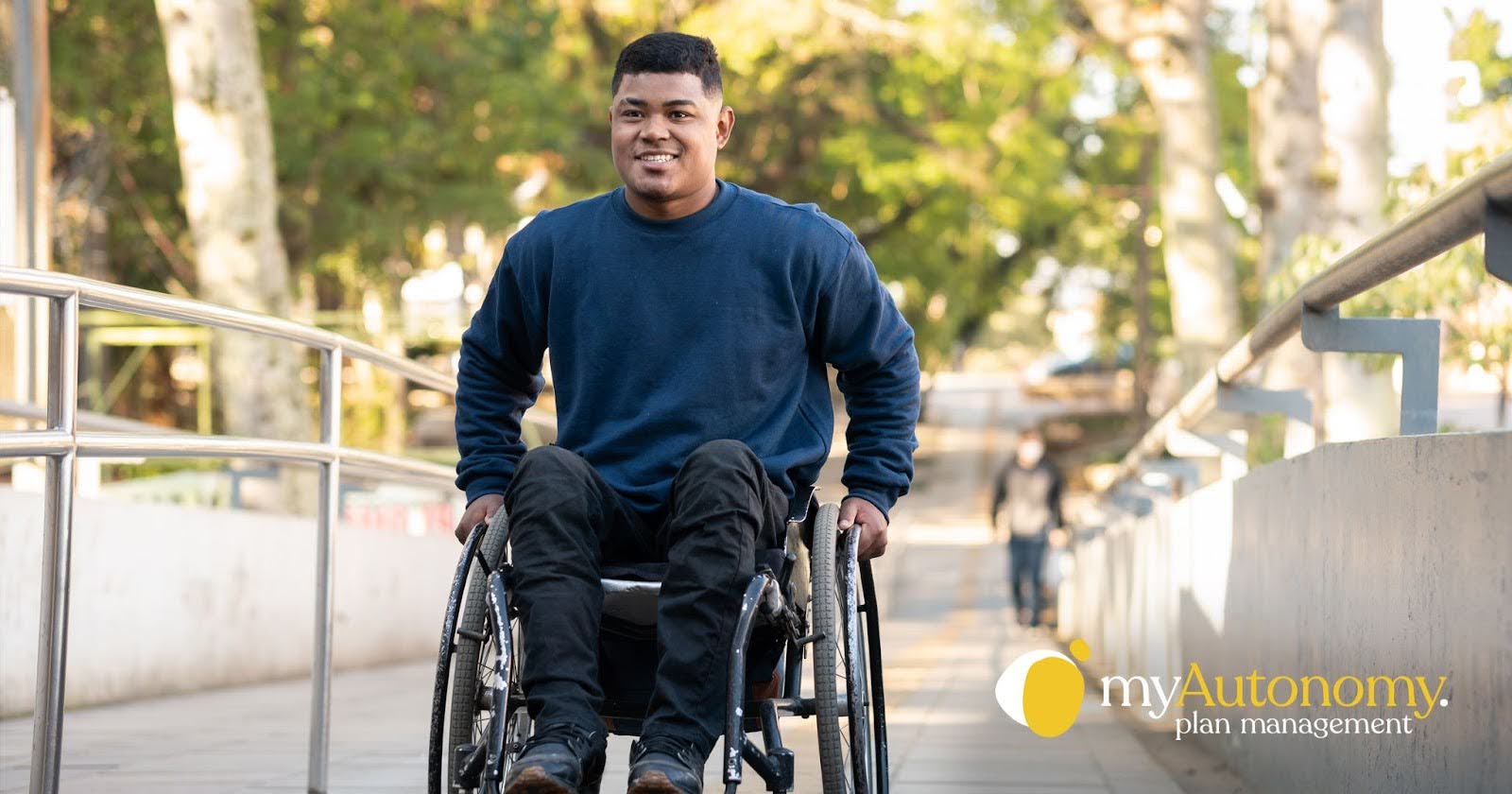What does my Support Coordinator do?
As a participant, or participant’s family member, chances are you either have a Support Coordinator, or you’re aware that you may need one.
If you’re new to the NDIS, though, you may wonder precisely what role your Support Coordinator plays. With other key roles like Local Area Coordinators, and NDIS planners, sometimes playing similar roles, things can get confusing.
We’re doing a deep dive into the role, the responsibilities and all the things you need to know to help clear up any confusion.
What does a Support Coordinator do?
Support Coordinators play a crucial role in NDIS plans. They assist participants in gaining access to the best supports for them to help participants achieve their goals.
Support Coordinators ensure that there’s an appropriate balance of supports available to ensure participants can increase their capacity and align well with the plan. The role includes supporting participants to build skills to ensure they can make the most of their funding.
Coordinators also work with participants (and their families) to ensure there’s an adequate understanding of the plan and they make themselves available to answer any questions that may arise.
What are the key ways Support Coordinators assist participants?
Some of the key aspects of the Support Coordinator role include:
- Helping participants reach their goals.
- Helping participants access the right supports for them.
- Helping participants increase their capacity––including living more independently, being part of the community, and gaining new skills.
- Helping participants to understand their budget and how it can be used effectively to make the most of the NDIS plan.
- Helping participants during times of change such as during a house move, when looking to gain meaningful employment or when having health challenges.
What are the three levels of Support Coordination?
Within an NDIS plan, three different types of Support Coordination can be included:
Level 1: Support Connection
This includes support for participants to connect with the right supports, understand their plan, and use the plan effectively.
This level can help participants gain the confidence to manage their funding and make the most of it.
Level 2: Coordination of supports
The second level of support helps participants gain skills and the confidence to make decisions and direct their lives.
This includes having a balance of supports to boost skills, live independently, and increase participation in the community.
Level 3: Specialist Support Coordination
The third level of Support Coordination is for participants who have a higher requirement for support. This might include complex needs or specialist requirements which a specialist Support Coordinator can offer.
Choosing the right Support Coordinator
What’s important to know for participants and families is that participants have the power to choose a Support Coordinator who suits their needs.
To find a provider, participants can use the NDIS provider finder.
Participants can connect with a Coordinator by using a request for service via the myplace provider portal or the PACE platform in the first instance. If the Coordinator accepts, then a service agreement will be put in place.
Participants can also change their Support Coordinator at any time as long as they adhere to the notice periods set out in the service agreement.
Keep in mind: whether a Support Coordinator is registered or not, they must meet the NDIS Code of Conduct and registered coordinators need to meet standards in the NDIS Practice Standards.
We’re here to assist
Not sure who to ask for assistance? Your Support Coordinator can be a great first port of all. Our friendly team is also only too happy to help answer any questions you may have.
We’re here to help you make the most of your plan. Get in touch on 1300 60 33 89 or at [email protected].





